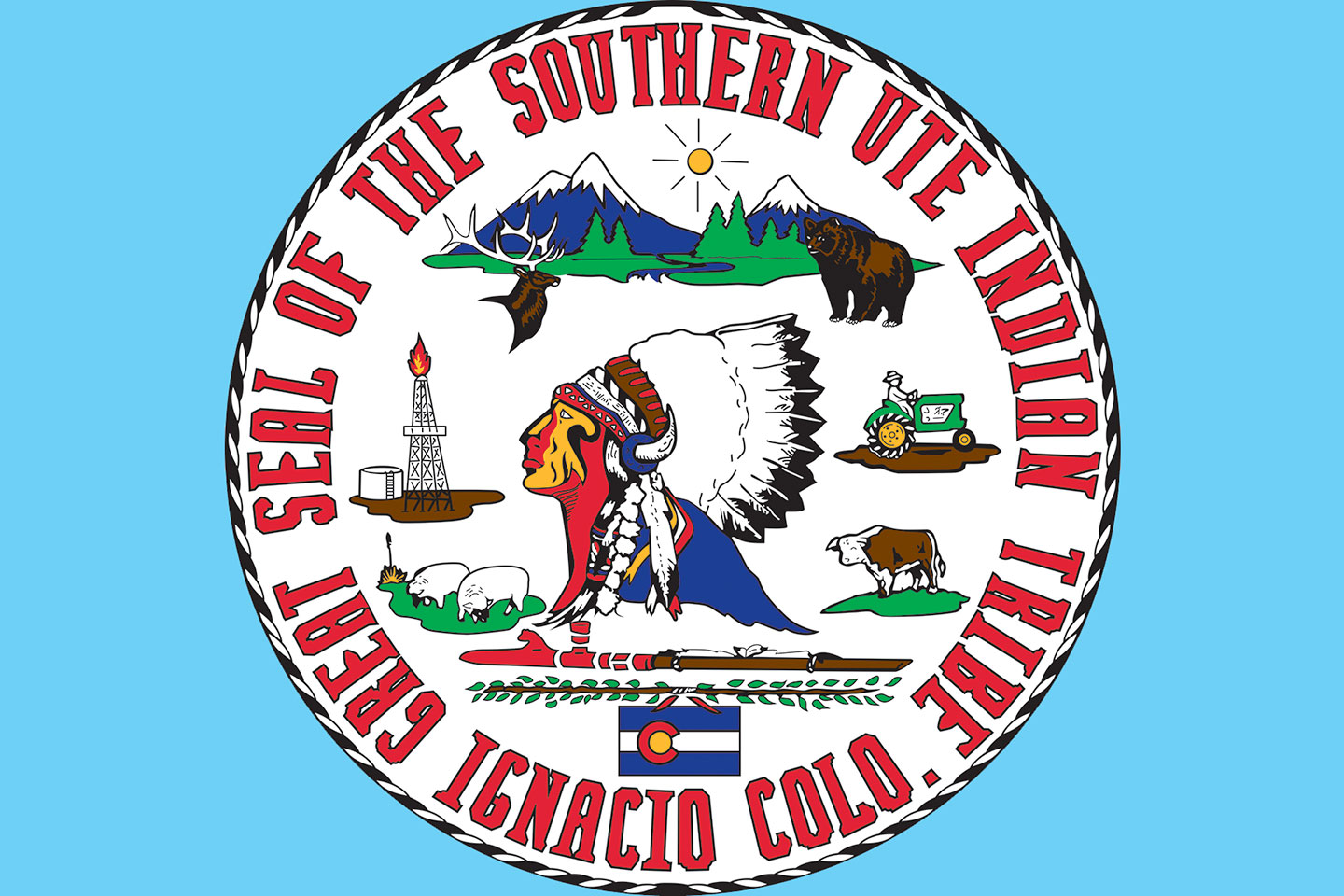As fiscal year 2016 draws to a close, the Southern Ute Indian Tribe hosted a tribal membership general meeting Thursday, July 28 to address the financial status of the Growth Fund, Permanent Fund and Sky Ute Casino Resort.
The meeting was planned to cover all three entities, but the daylong meeting only managed to address the Growth Fund’s portion of the meeting. With the Growth Fund known as the revenue generator for the Tribe, tribal members’ main concerns appeared to be with the Growth Fund.
Darrell Owen, Growth Fund Finance Director, provided an overall view of how FY 2016 was shaping up. Owen reported that oil prices have declined since 2014 and that this year oil prices fluctuated between $26 to $51 a barrel – currently the price is around $40 a barrel. Natural gas has also underperformed, with prices ranging from $2.92 MMBtu (one million British Thermal Units) to $1.64 MMBtu.
On a more positive note, the real estate market is on the upswing and private equity investments are performing as expected, Owen said. Non-Energy Growth Fund entities are projected to have EBITDA (Earnings Before Interest, Taxes, Depreciation and Amortization) higher or near their budget.
“It is really commodity prices that have an effect on us,” Owen said.
Albert Brown, Growth Fund Operating Director-Energy, then discussed energy companies Aka Energy Group, LLC., Red Cedar Gathering Company, and Red Willow Production.
Aka
Aka is highly exposed to commodity pricing and has been impacted by lower oil and gas prices. The majority of profits are earned upon volume of natural gas that Aka processes, contractual commercial terms on that volume, and commodity prices.
Tribal members voiced concerns about Aka, asking Tribal Council why the Tribe keeps the struggling company.
“The philosophy of Aka is going to change,” Alex S. Cloud, Tribal Council representative on the Growth Fund Management Committee said.
Cloud said Tribal Council is aware of challenges faced by Aka, which is why changes have been made. According to Cloud, the Growth Fund Management Committee and Tribal Council will continue to monitor Aka to see if it recovers, and if not, other options, like selling the company, may be explored.
“There is a misconception that Aka lost money,” Brown said. “[Aka] is making less money than it was [in 2008] because pricing is much lower than it was, but it hasn’t lost any money at all.”
Brown went on to say that the Growth Fund based Aka’s EBITDA projections on higher price expectations. The results discussed at the meeting reflect the current pricing, which vary from the Growth Fund’s expectations in October of 2014.
To sustain revenue during the commodity price decline, Aka cut costs by decreasing field operating costs and staff reductions. But Brown said that Aka will not realize the full financial benefit of staff reductions until the next fiscal year.
The five-year plan still looks challenging due to low commodity prices, but Aka plans to continue to reduce costs and increase revenues. Drilling activity is expected to grow with the commodity price recovery and, from 2020 onward, the Growth Fund projects EBITDA will return to more historical averages.
Red Willow
Red Willow Production Company is another Growth Fund company with lower profits because of lower commodity prices. A couple of years ago, the Growth Fund projected crude oil selling over $90 a barrel and natural gas selling around $4 MMBtu – nowhere near FY 2016 prices around $40 a barrel and $2.16 MMBtu.
Some of Red Willow’s responses to the low prices include managing capital and deferring or selling down or out of prospects.
For the future, Red Willow plans to keep investing in the Deep Water Gulf of Mexico and only selling down or out of opportunities as a last resort.
“We are not losing money; we are losing opportunity,” Brown said about selling down or out of prospects. “Even in the low price scenario, Red Willow is in a good position to deliver improving and substantial earnings over the next 10 years.”
Red Cedar
Red Cedar Gathering Company is not as susceptible to commodity prices as Aka and Red Willow, Brown said.
Red Cedar hopes to optimize profitability in the current “low price environment,” control cost, and maximize tribal employment.
Alternative Energy
Southern Ute Alternative Energy focuses on renewable energy sectors. The 2009-2011 economic downturn limited the ability to expand the business plan, President of the company, Rebecca Kauffman said.
However, the outlook is quite positive for the company. The industry is active with good investment opportunities, once capital is available, she said.
Challenges for the company going forward include matching the available budget to available opportunities.

